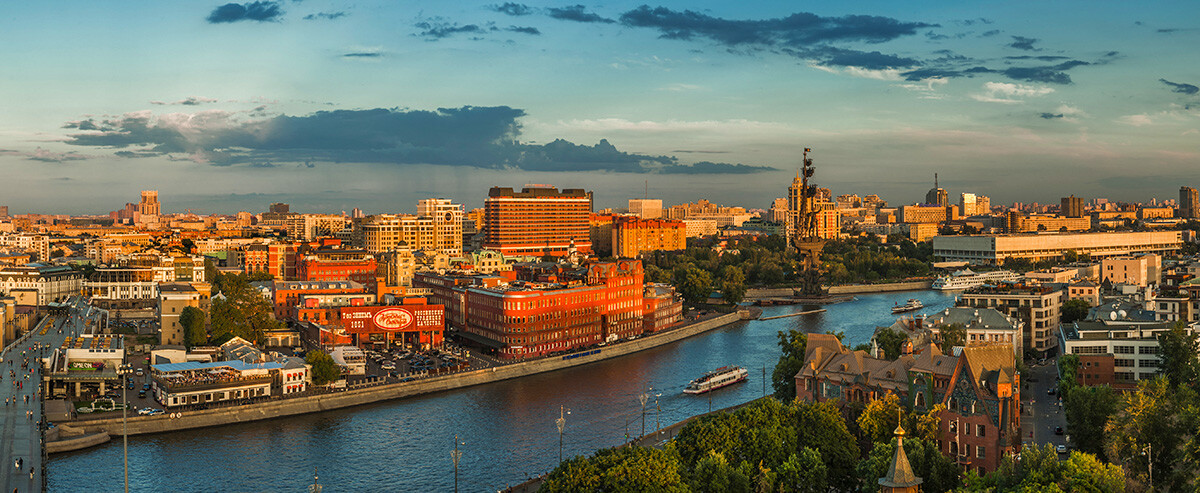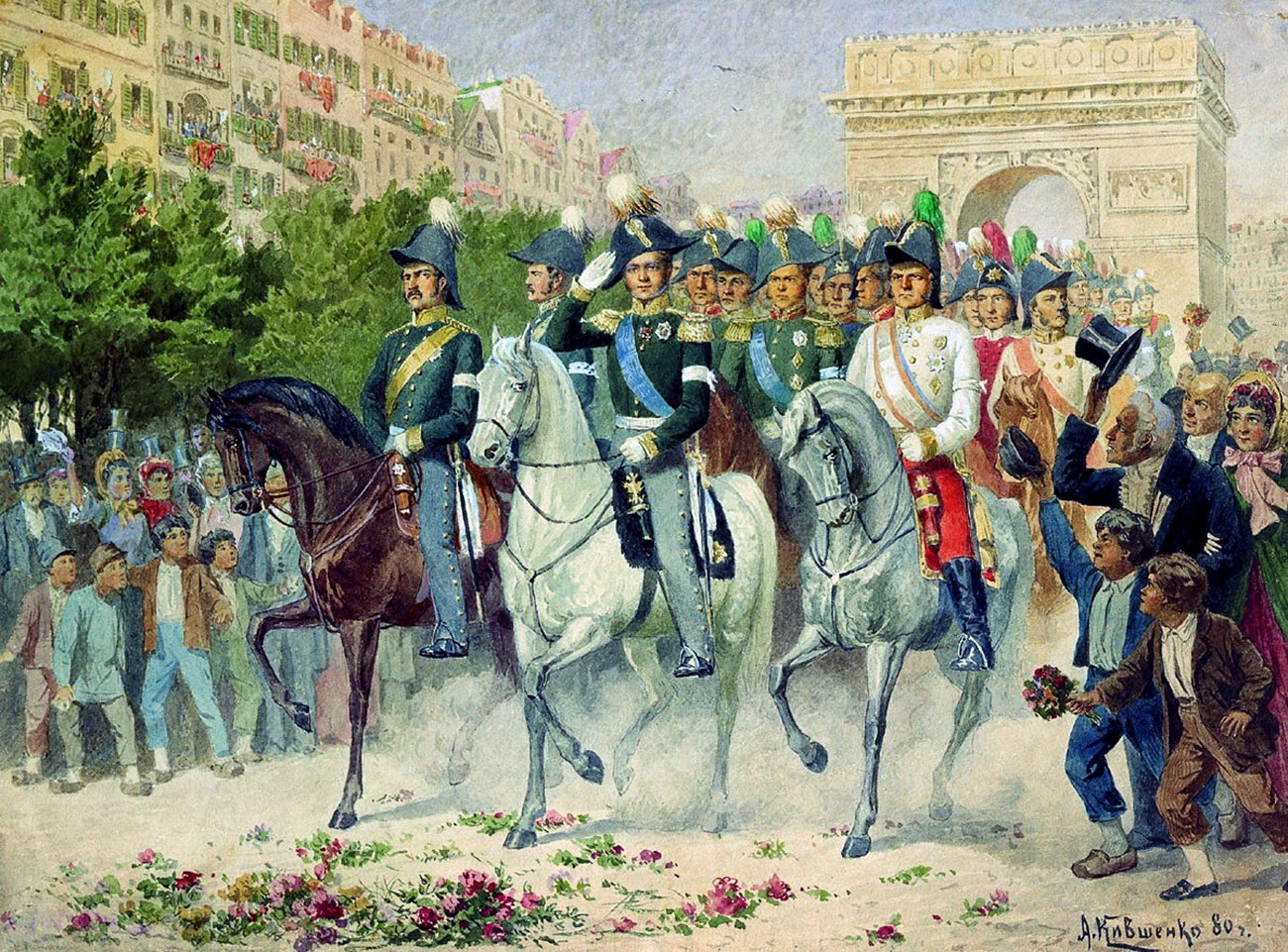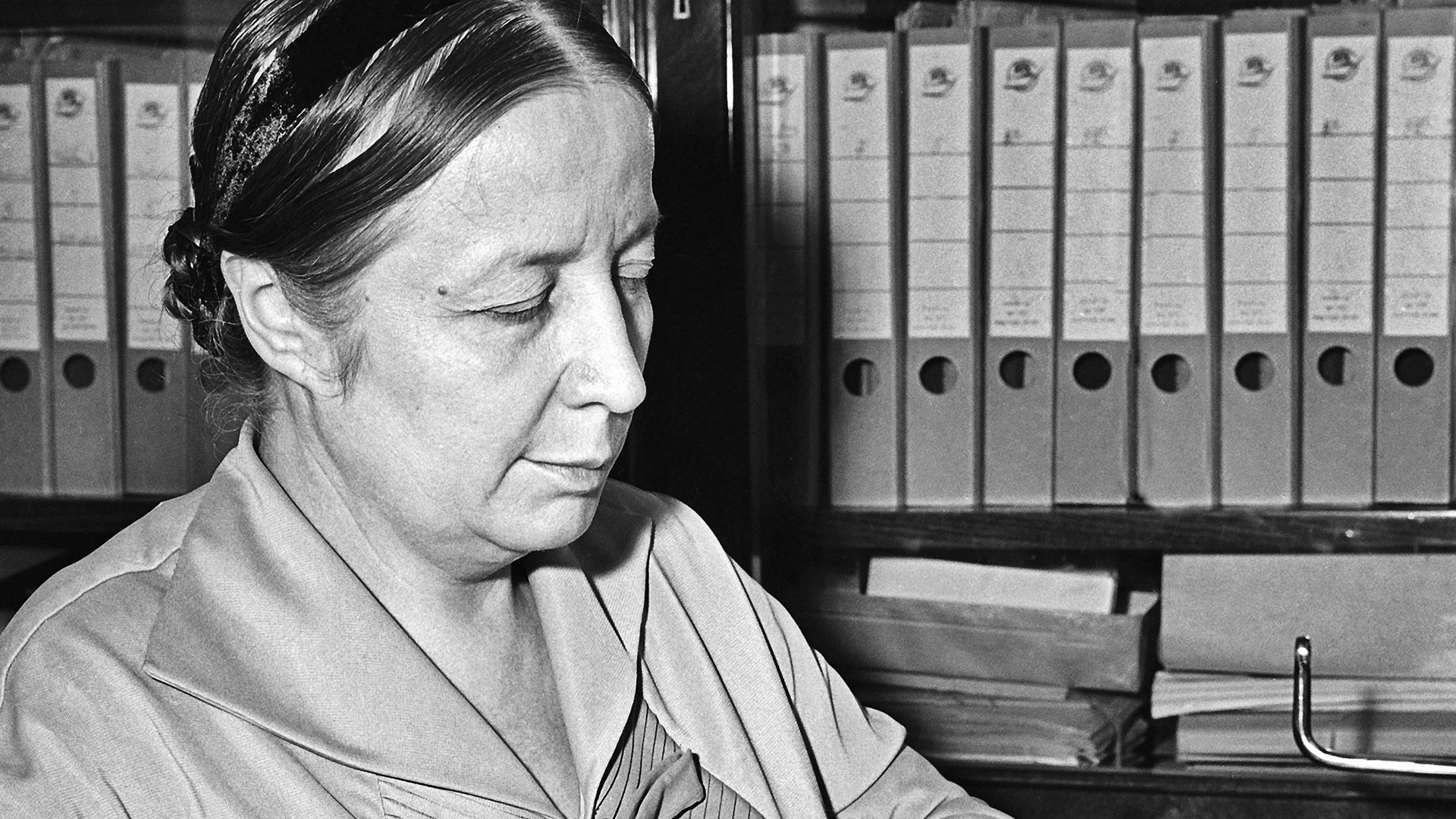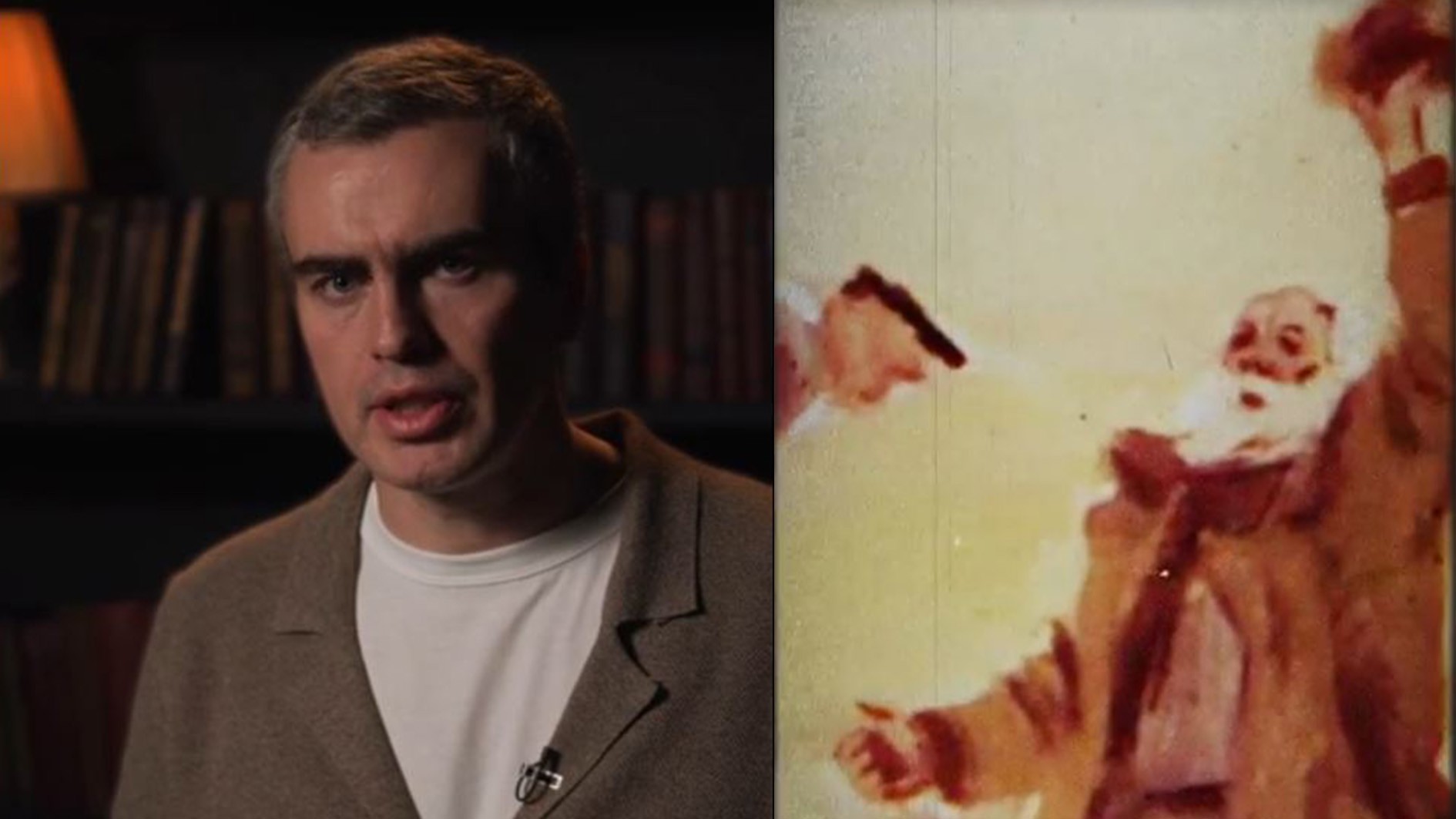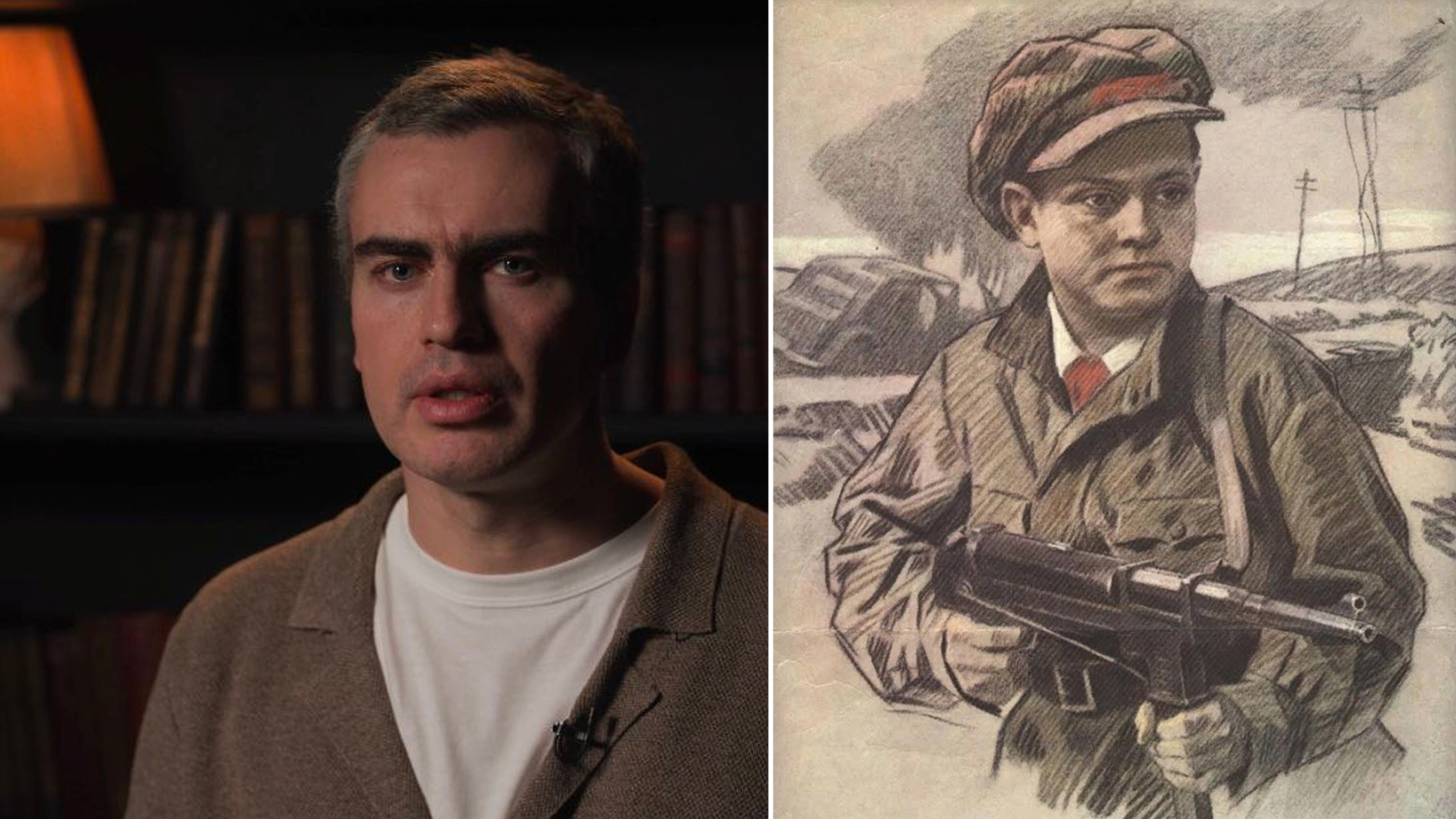
Why is Moscow called Moscow?
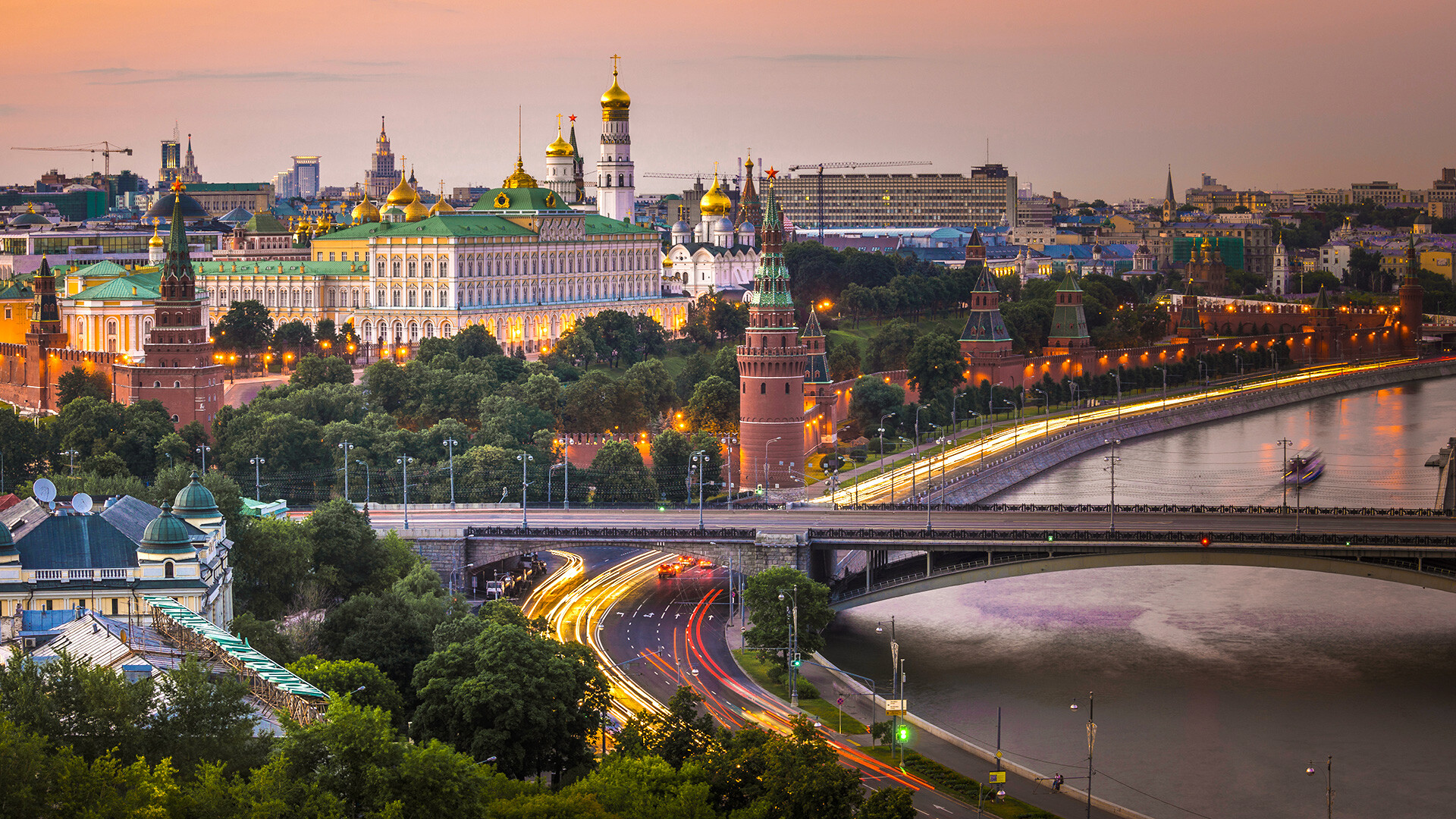
Philologists and historians agree that Moscow is named after the river that flows through it. But, what is the actual origin of the Russian word ‘Moskva’ and what might it mean? This has been the subject of extensive debate, but the truth remains elusive.
The Finno-Ugric theory
At the beginning of the first millennium AD, Finno-Ugric tribes lived on the territory of Moscow. Because of this, some experts have proposed that Moscow's name comes from the Finno-Ugric language group. In languages of this group, the element ‘-va’ usually means ‘water’, ‘river’ or ‘wet’. The ‘mosk-’ element is phonetically related to the word ‘mosk’ in the Komi language – and means ‘cow’. It was thus concluded that the name of the Russian capital means ‘cow river’ or, metaphorically, ‘nursing river’. This explanation gained popularity thanks to the support of the famous historian Vasily Klyuchevsky. However, it was later realized that the Komi people never lived close to the River Moskva – and the theory was judged to be flawed.
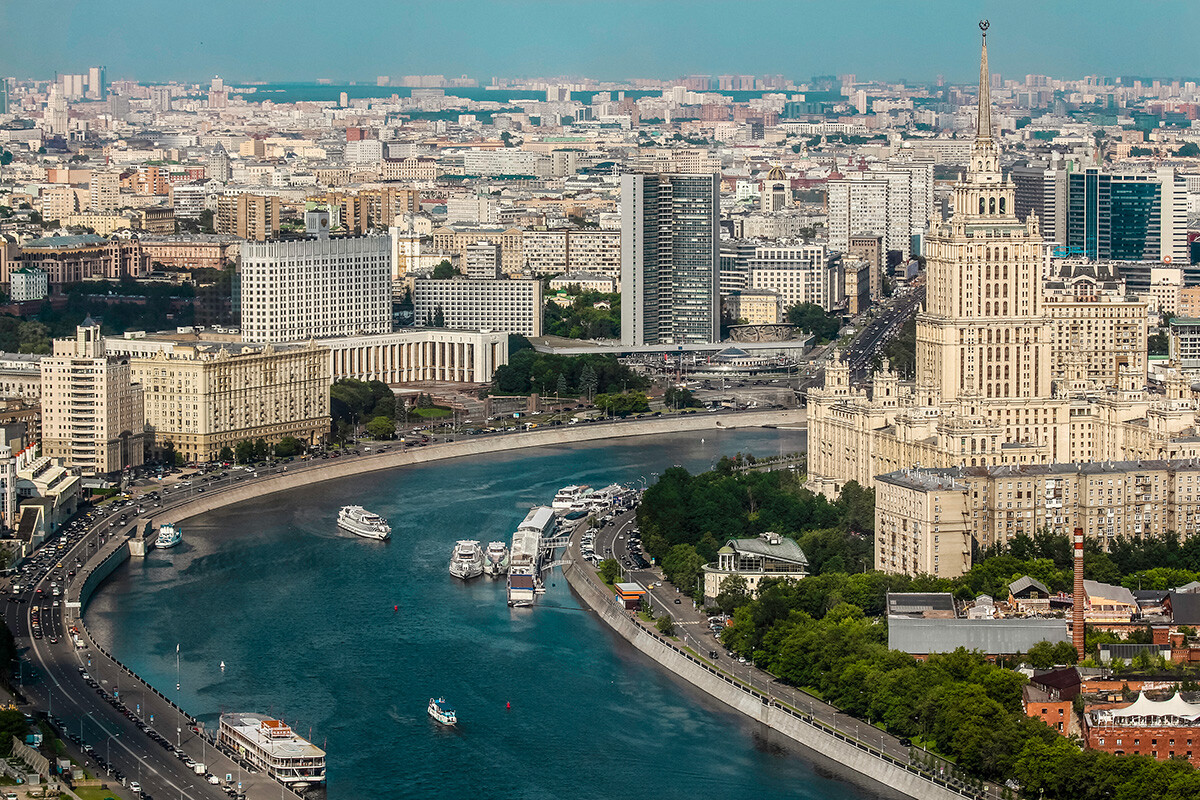
In another language of the Finno-Ugric group – Meryanic – the word ‘maska’ means ‘bear’, and ‘ava’ means ‘wife’ or ‘mother’. This phonetic resemblance has given rise to the theory that the Moskva River's name means ‘Bear River’ or ‘River She-Bear’. Meryanic was spoken by the Merya people and, according to the most ancient Russian chronicle, the 'Tale of Bygone Years', this ethnic group did, indeed, live in the eastern part of Moscow Region in the 9th century. But, since no other rivers with names ending in ‘-va’ have been found in this area, researchers have also rejected the theory.
According to the third Finno-Ugric hypothesis for the origin of the word, the name can be interpreted as ‘muddy water’. But, according to this version, the ‘mosk-’ element came from the Baltic-Finnic languages, in which ‘musta’ signifies ‘black, dark’, while the ‘-va’ element came from the Komi language. The derivation of two parts of the same word from different languages is doubtful and, to date, experts have not lent their support to any of the Finno-Ugric theories of the origin of the word ‘Moskva’.

The Scythian and Ibero-Caucasian hypotheses
If the theory of the Scythian origin of the word is to be believed, the name of the capital is derived from the word ‘ama’ denoting a ‘strong river’. The Scythians, who were acquainted with mountain rivers, would hardly have described the Moskva River with its sedate and placid flow in this way. But, the principal argument against the theory is that the Scythians never lived close to Central Russia.
The Ibero-Caucasian hypothesis is a hybrid version according to which part of the word derives from Caucasian languages and part from Finno-Ugric ones. Proponents of the theory have identified the ‘-va’ element as Finno-Ugric, retaining the meaning of ‘water’, and they believe the ‘mosk-’ part is derived from the name of the Moschi, a Caucasian ethnic group. The trouble is that the latter supposition is based exclusively on the formal resemblance of the two words and no historical facts have been found in support of this explanation.
Slavic derivation of the word
Hypotheses about the Slavic roots of the Russian capital's name are numerous. But, the gist of most of them is that it's not the word ‘Moskva’ that should be analyzed, but its old form, ‘Mosky’. In the Old Russian language, the root word ‘mosk-’ had the meaning of "liquid, marsh, dampness, moisture". The name ‘Moskva’ would, thus, denote a "marshy, boggy place". Additional corroboration is provided by the fact that the Moskva River flows out of a marsh that, subsequently, got the name ‘Moskvoretskaya luzha’ (Moscow River Puddle).
But, this hypothesis does not take into account the fact that, before the Slavs, the territory of Moscow was inhabited by tribes speaking languages of the Finno-Ugric and Baltic group. The region's principal river would hardly have been without a name before the arrival of Slav tribes nor is it likely that a name thought up by the Slavs was the only one that has come down to us.

The Baltic hypothesis
The idea that Baltic tribes could have given the Moskva River its name was elaborated by Doctor of Philological Sciences Vladimir Toporov. He observed that in the Baltic region a large number of rivers have the ending ‘-va’ and also discovered that the Baltic languages had a whole family of words similar in meaning to Russian ones, containing the element ‘mosk-’. Another not insignificant aspect is that rivers with names ending in ‘-va’ are to be found west of the River Moskva and are almost non-existent to the east – in other words, it seems probable that the name of the river is derived from the languages of tribes that later settled west of Moscow.
Toporov's hypothesis has two theories of the meaning of the capital's name. The first repeats the hypothesis of the Slav origin of the word. The second explanation for the name is that it signifies ‘winding river’. In the Baltic languages, words with phonetic similarities to ‘mosk-’ can have the meaning ‘knot’ and the Moskva River makes 11 major twists and turns within the confines of the city alone.
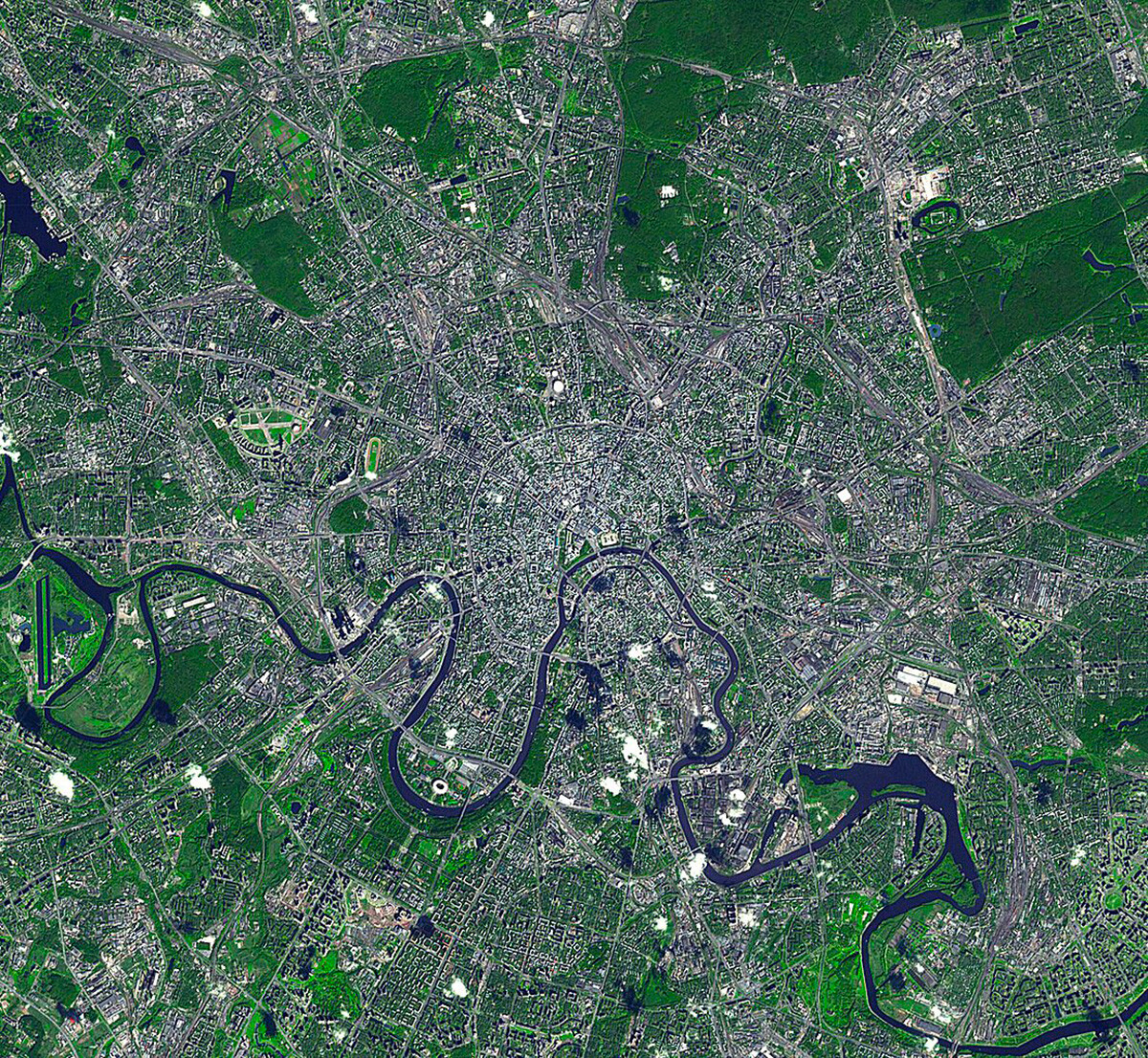
The fanciful theory
There are also completely improbable and fantastic theories of the derivation of the word ‘Moskva’. For instance, because of errors in old chronicles, the myth arose in the 17th century that a Biblical figure was involved in the founding of Moscow. The story goes that Mosoch (also known as Meshech), a grandson of Noah, was on his way from Babylon along with his tribe and, having reached the Moskva River, which was to be named after him, he "gave origin to the Muscovites in his own name". According to this legend, Noah's grandson not only gave his name to the capital, but also became the ancestor of the Slavs.
All the accounts of the derivation of the capital's name are mere suppositions – and researchers still can't determine with certainty the etymology of the word ‘Moskva’.
